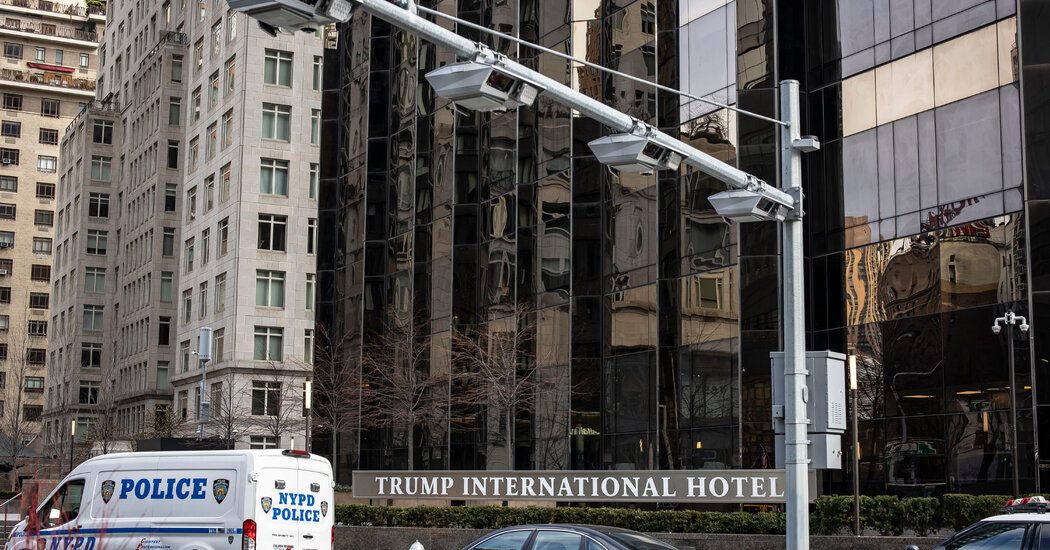

In the midst of the chaotic discussions surrounding the Trump administration’s initiative to abolish congestion pricing in New York City, a crucial question lingered: If the president had his way, when would this tolling system cease to exist?
It became clear that federal officials had a specific date in mind: March 21.
The contention surrounding congestion pricing is pivotal, as the Metropolitan Transportation Authority (MTA), which is state-run, relies on this revenue to finance billions of dollars in mass transit improvements. This matter is expected to unfold in a federal court based in Manhattan. While many legal professionals suggest that the March deadline lacks enforceability, there are concerns that President Trump may take additional measures, such as withholding federal funding for other state ventures, to exert pressure.
In a letter addressed to New York transportation authorities last week, Gloria M. Shepherd, the executive director of the Federal Highway Administration, emphasized the necessity to “halt toll collection” by the specified date. This letter was incorporated in legal documents submitted for a federal lawsuit initiated by the State of New Jersey, which aims to block the implementation of congestion pricing.
Ms. Shepherd urged New York officials to collaborate with her agency, a branch of the U.S. Department of Transportation, “to furnish the essential information and updates” regarding the cessation of tolling operations.
In response, the MTA, which manages New York’s buses, trains, and commuter rail lines, asserted its intention to continue toll collection unless ordered otherwise by a federal judge.
“We have no plans to stop the tolling,” asserted Janno Lieber, the MTA’s chief executive and chair, during a press briefing on Wednesday. “For now, everything remains on course.”








